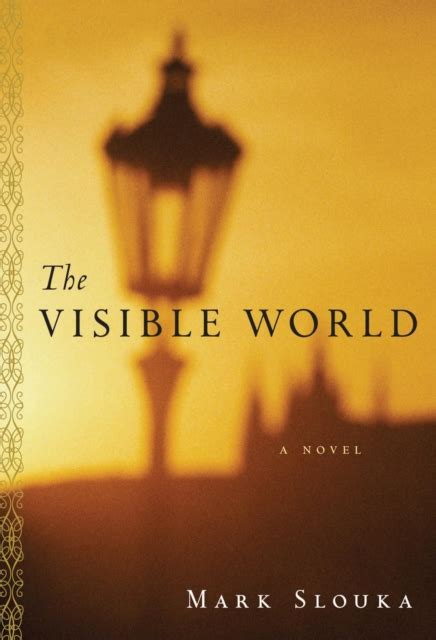A Quote by Ralph Waldo Emerson
The history of persecution is a history of endeavors to cheat nature, to make water run up hill, to twist a rope of sand.
Related Quotes
We know only a single science, the science of history. History can be contemplated from two sides, it can be divided into the history of nature and the history of mankind. However, the two sides are not to be divided off; as long as men exist the history of nature and the history of men are mutually conditioned.
History resists an ending as surely as nature abhors a vacuum; the narrative of our days is a run-on sentence, every full stop a comma in embryo. But more: like thought, like water, history is fluid, unpredictable, dangerous. It leaps and surges and doubles back, cuts unpredictable channels, surfaces suddenly in places no one would expect.
I don’t know much about history, and I wouldn’t give a nickel for all the history in the world. It means nothing to me. History is more or less bunk. It's tradition. We don't want tradition. We want to live in the present and the only history that is worth a tinker's damn is the history we make today.
The introduction of the Christian religion into the world has produced an incalculable change in history. There had previously been only a history of nations--there is now a history of mankind; and the idea of an education of human nature as a whole.--an education the work of Jesus Christ Himself--is become like a compass for the historian, the key of history, and the hope of nations.










































